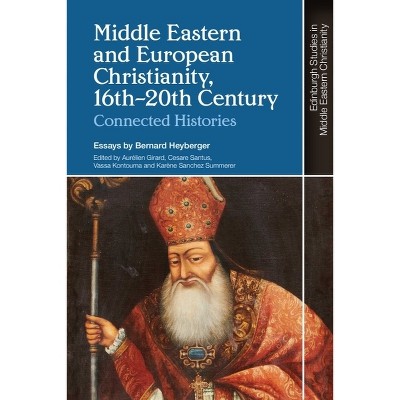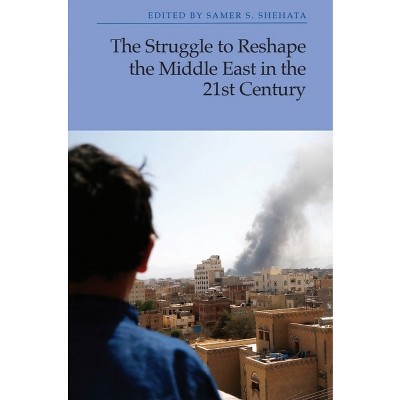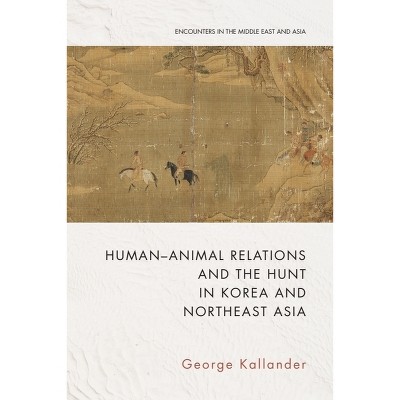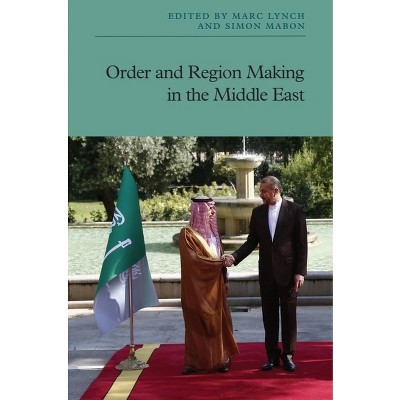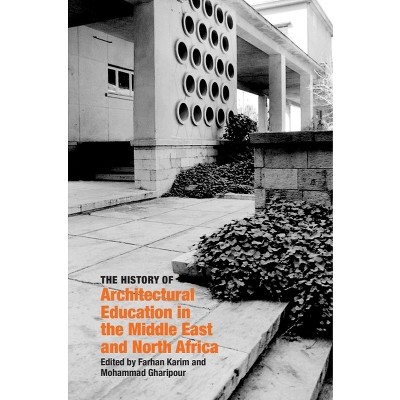Life Worlds of Middle Eastern Oil - by Nelida Fuccaro & Mandana Limbert (Paperback)

About this item
Highlights
- This volume explores the ways petroleum as an industry and substance has moulded the social, cultural and artistic life of the Middle East.
- Author(s): Nelida Fuccaro & Mandana Limbert
- 296 Pages
- Political Science, World
Description
About the Book
Studies how oil has shaped the societies and cultures of the modern and contemporary Middle East.
Book Synopsis
This volume explores the ways petroleum as an industry and substance has moulded the social, cultural and artistic life of the Middle East. Rather than tackle the powers of this crucial resource from the perspective of macro-economics, impersonal rentier states and large corporations, this book 'brings oil back' into the ebbs and flows of Middle Eastern life. It focuses on the ways petroleum mediates and is mediated by national formations and imaginaries, visual practices, as well as scientific, business and artistic production. In focusing on the largest oil producing and exporting region in the world, this volume sheds light on the effects and affects of petroleum's presence within and beyond the oil-industry.
Review Quotes
Starting from oil's strange ability to be at once everywhere and nowhere, this groundbreaking collection reveals the profound ways that oil has shaped the practices and representations of everyday life in the Middle East. Encompassing themes of art and culture, labour, migration, politics, economics and the making of collective and individual subjectivities - this is a brilliant and expansive text that constantly surprises through its insights.
--Adam Hanieh, University of ExeterThis groundbreaking collection of interdisciplinary essays is a major contribution to understanding the social life of oil in the Middle East. Rather than the usual and reductive focus on the geopolitics of oil or the impact of its financial revenues in enabling states and ruling elites, the contributors shed light on the many ways in which oil has shaped everyday social experience, covering topics from the ecology and the built environment of cities and nation states to the public imaginaries and the cultural and material lives of ordinary peoples.
--Kaveh Ehsani, DePaul UniversityShipping details
Return details
Trending Non-Fiction






